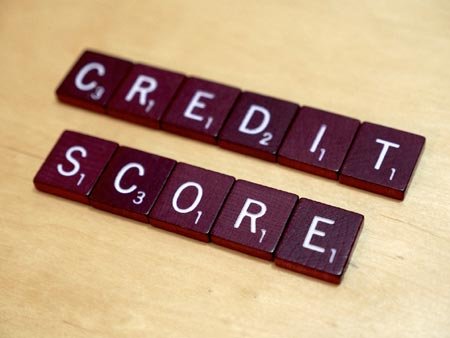HOW CAN MILLENNIALS RAISE THEIR CREDIT SCORE IN 2016
Published by Gbaf News
Posted on July 26, 2016
5 min readLast updated: January 22, 2026

Published by Gbaf News
Posted on July 26, 2016
5 min readLast updated: January 22, 2026

Millennials have a lot on their plate: adjusting to a new routine post-college, navigating a fickle job market, and tackling mounds of student debt; this crushing wave of responsibility can make anyone feel like they’re drowning. Because millennials become consumed with the many issues they have to overcome to become self-sustaining, some things can be left ignored – until it’s too late.
It can be outright shocking for someone to find out just how much of their life is governed by their credit score. From signing a lease on a chic new apartment in Brooklyn to financing a new iPhone (this one has a better camera!), that 3 digit number controls more than you know.
Thankfully, it’s not nearly as confusing or daunting for a millennial to raise their credit score this year as one may think. Here is how millennials can boost their score and beat the odds.
These two words can define you more than your own name. Photo by Simon.
Knowing is Half the Battle
Before you can begin to figure out how to raise your credit score, it’s important to know where you stand. With the amount of seemingly free credit score websites and companies out there, it can be easy to get overwhelmed. However, there’s a few things to remember when you are requesting your score.
First off, never use a website that requires a credit card to receive your score. Reputable websites will offer a completely free service, eliminating your chance of getting scammed. The most recommended site is AnnualCreditReport.com, which is the only credit report site backed by the BBB.
Now that you’ve safely accessed your score, what are you even looking at? There are three nationwide consumer credit reporting companies – Equifax, Experian and TransUnion. Each of these companies will process your information differently, but will offer you an in depth look at where you stand.
According to Credit.com, a good to excellent credit score is anywhere from 700-750+. But, the average credit score for a millennial is 625. Don’t get discouraged if yours hovers around that lower spectrum, many of these higher scores are from people with decades of credit history. However, many of these scores are in fact due to poor management and habits.
Righting the Wrong
Once you’ve had some time to process your actual score, it’s important to dive deeper and look for any inconsistencies. The truth is that your credit report could in fact be wrong. Did you notice your name is spelled differently on one of the reports? Even one letter difference could mean that they have mixed you up with an entirely different person.
In a much more serious circumstance, you could see entirely fraudulent accounts pop up on your report – signaling that you may have been the victim of identity theft. This has become especially prevalent among millennials, due to poor online shopping safety habits. But, for each of the nationwide consumer credit reporting companies, there are ways you can resolve any discrepancies you uncover.
Always on Time
Arguably, the most important facet of achieving a good credit score is by paying off your debts on time, consistently. If you miss a monthly payment on your student loans, various credit cards, phone bills, etc. it can significantly lower your score.
“Every single day I see an eager young person attempting to sign up for a home loan, only to be completely decimated by their credit score,” says Regional Vice President of Presidential Bank, William Elder. “The sad truth is that many blemishes on credit reports are so easily preventable; anything from a book that was never returned to the campus library to an unpaid speed camera ticket. People don’t think that a missed payment of $20 can set them back astronomically, but it can – and will.”
Healthy Credit Card Habits
In addition to paying off debts and credit cards on time, it’s important to know how to handle your debts in a way that can maximize your score. It’s a common misconception for millennials to think that they can pay off their entire credit card and be out of the weeds, but this is untrue.
In fact, it can hurt your credit score to constantly pay off and subsequently close your accounts. Having an older credit card that is maintained properly will strengthen your credit history and give you a more robust score in the long run.
If a millennials credit card mantra is to use sparingly, then this also pertains to opening new credit cards. While having a couple open accounts is healthy for growth, too many accounts can draw red flags. Not only will this create the perception that you are too reliant on credit to pay the bills, your score also takes a hit every time you check it (an inevitability when signing up for a new card).
Lastly, achieving a proper balance on your cards is key. The general rule of thumb is to never let your debt exceed 50% of your limit. For example: if your credit limit is $1000, make sure there is always $500 available in your account. An easy way to do this is to ask for an increase on your credit limit, thus lowering the debt-to-credit ratio.
Raising your credit score doesn’t have to be the impossibly daunting task that people perceive it to be. Following the above steps will put you into the upper echelon of credit scores and offer much needed peace of mind.
Explore more articles in the Finance category
